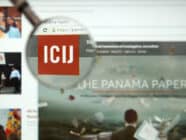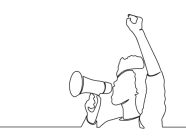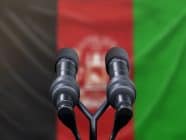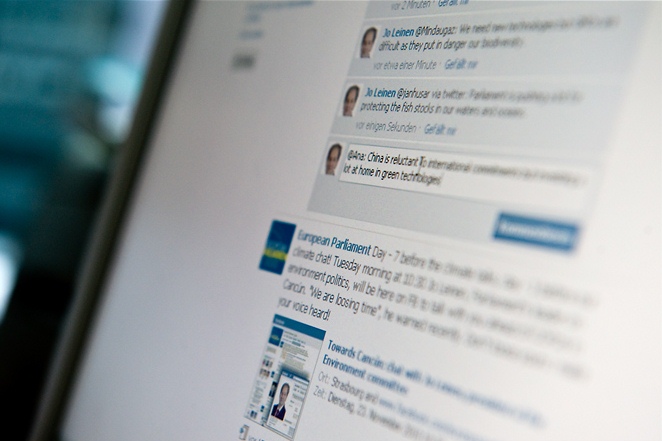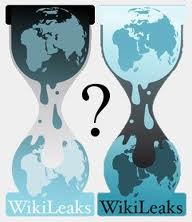 Reflections on Wikileaks’ Afghan War Diary.
Reflections on Wikileaks’ Afghan War Diary.
Swaying the media is much easier than academics and reporters are willing to admit. Knowing that 80 percent of the news comes from institutional sources, the transparency of information depends, above all, on the integrity of the people who work in such institutions.
If the government, or in this specific case the White House and Pentagon, select a line to follow and demand discipline from staff (avoiding unwelcome leaks), they are able to control not just a newspaper, but the media as a whole.
Unfortunately, as demonstrated in the book Gli Stregoni della Notizia (Witch Doctors of the News), scoops are often deceptive as they tend to be deliberately planted by those in power. The latest Wikileaks scandal confirms this conviction, proving that for six years the Pentagon concealed massive news. And not just one incident, but several. In theory, it should have been easy to crack the story given the fairly long period of time we’re talking about, yet no journalist managed to penetrate the strict disciplines of the White House and the Pentagon.
This has been a period during which the American and international publics were served an entire series of cock-and-bull stories. The media overlooks or ignores such problems entirely, which in turn simplifies the work of spin doctors who, after the public’s initial knee-jerk reaction, are able to carry on as before, refining their craft.
Furthermore, the Wikileaks scoop highlights the significance of the relationship between old and the new media. According to Luca de Biase’s editorial in Il Sole 24 Ore, this case highlights the interaction between online information (Wikileaks) and the traditional media. Wikileaks gained access to exceptional sources but to assess them it had to turn to the experience, skills and professionalism of traditional journalists. De Biase writes, “In the search for facts, newspapers and platforms conceived for the Web can be symbiotic: Internet opens up doors to classified information systems while the editorial offices of newspapers can contribute method, experience and quality.”
That’s food for thought.
Tags: Afghanistan, Gli Stregoni della Notizia, Government Cover-Ups, Il Sole 24 Ore, Investigative Reporting, Luca de Biase, Spin Doctors, the Pentagon, the White House, Wikileaks, Wikileaks Scoop


